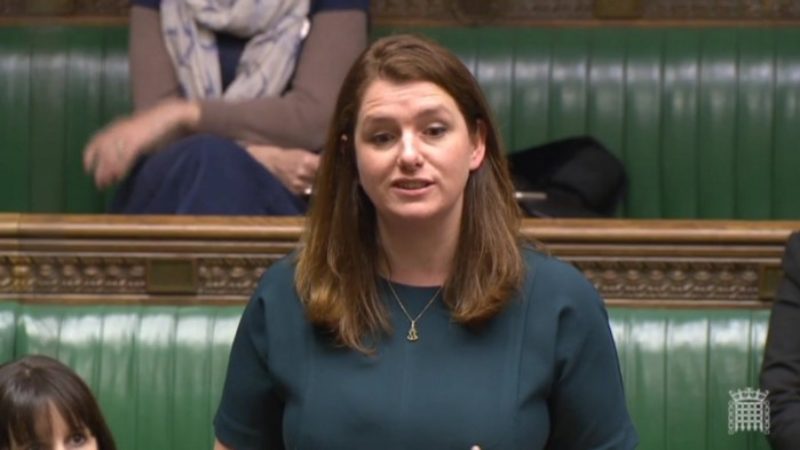
Today I’m launching Making Ends Meet, a campaign to change our economy and not just to treat the symptoms by providing foodbanks but to end the need for them to exist at all. Something is going very wrong with the UK economy. Employment is at a record high, and we are heading towards a future where Britain will have one of the highest legal minimum wages in the world. Yet 30% of all children in the UK are living in poverty, with approximately one third of families with a child under five unable to make ends meet. This summer, 50, 000 children will be fed by holiday hunger projects.
The government’s response is always the same: there are fewer children in workless households than ever before. Employment is high but when most households in poverty are a working household, it is clear the economy is utterly broken. Work is not a guaranteed route out of poverty. So we cannot ignore welfare in our economic response.
New research published yesterday by Child Poverty Action Group, Women’s Aid, Turn 2 Us and Refugee Council found that the Tories’ two child policy pushes 300,000 children into poverty. The Conservatives have calculated that the political points gained from looking tough on welfare are worth children being hungry. And that is a disgrace.
The fact that the Tories have traded some of our kids being hungry for political capital should not surprise us. But it is especially cruel. Children are children and we should care about all of them. Labour members will know that our record on this is different, even in difficult times. During the crash, Labour was prepared to use welfare as an economic mechanism to protect the incomes of those at the bottom. It is not the case that austerity – specifically welfare cuts – was a necessary response to financial crisis, nor is it necessary now.
This summer, as we worry about where our country is headed with Brexit, we should fret about our economy too. Data from the Department of Education suggests that children are hungry at school as well as at home. Parents are having to pick up the free school meals that their children were once eligible for. The lowest proportion (14.2%) of pupils in England are now claiming free school meals than at any time in the last decade since the Tories introduced a £7,400 net savings threshold for Universal Credit claimants. And since only half of children in the poorest fifth of the population are entitled to free school meals anyway, the number of children at risk of hunger during the holidays will be much greater than that 14.2%. How can it be that three million children are at risk of hunger during half term?
Charities and the third sector do an amazing job of plugging the gap. And that community infrastructure doesn’t have to disappear. In fact, it could offer a lot of good. But it is not moral nor effective to use this kindness as an economic safety net for when the welfare state and labour market have failed to protect families from hunger.
There are many issues in our labour market. The lens of child poverty simply shows us the most urgent and dysfunctional aspect of it. I want to know why it is happening. So today I will be welcoming the experts on these issues to parliament – economists, third sector groups, unions and think tanks as well as former Prime Minister Gordon Brown. We will talk about the lessons we have learned, the current situation and what Labour could do about it if we campaigned on these issues and got into power. Ultimately, we must argue for the mechanism of the welfare state to end the need for foodbanks and stop children being hungry.




More from LabourList
A gory night for Labour
‘SEND reforms are a crucial test of the opportunity mission’
Delivering in Government: your weekly round up of good news Labour stories